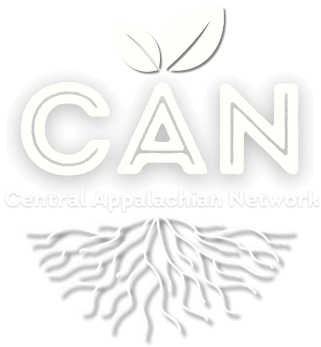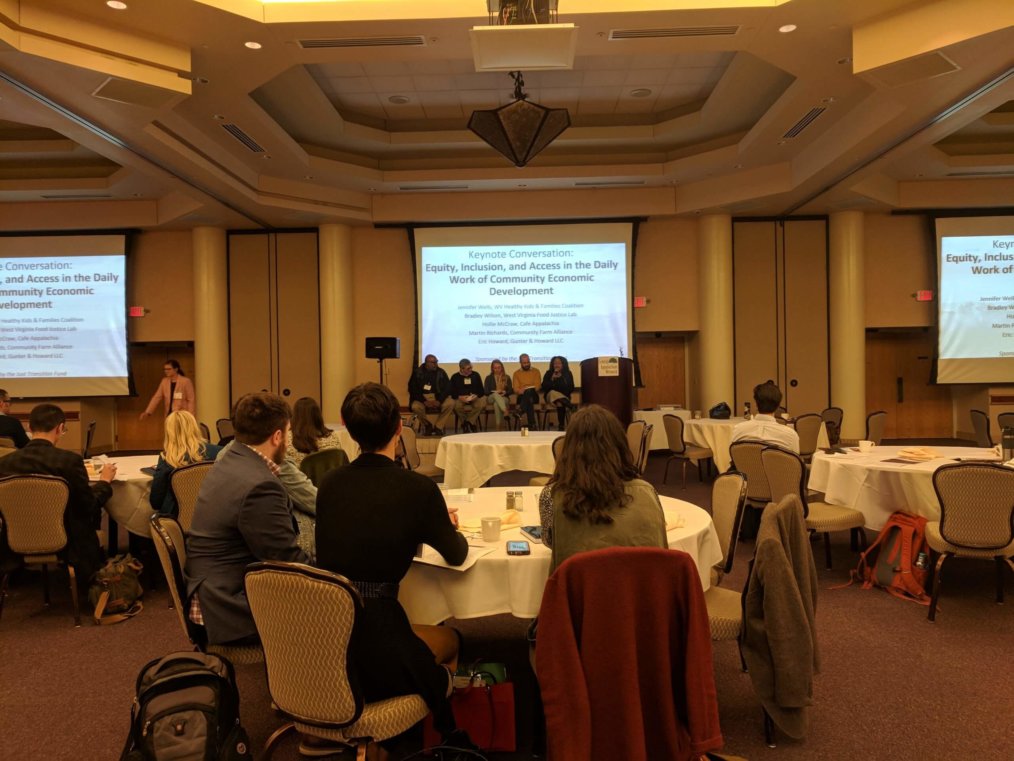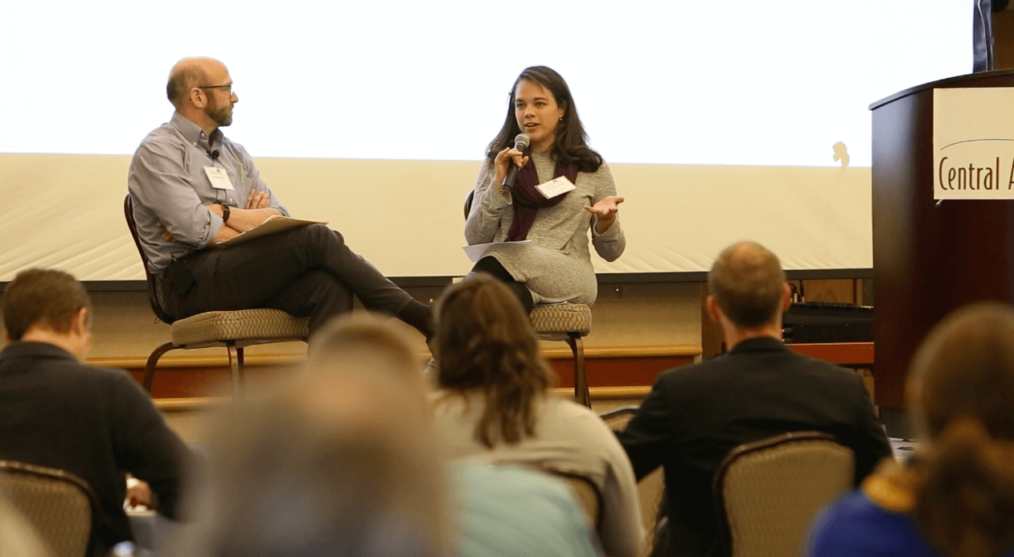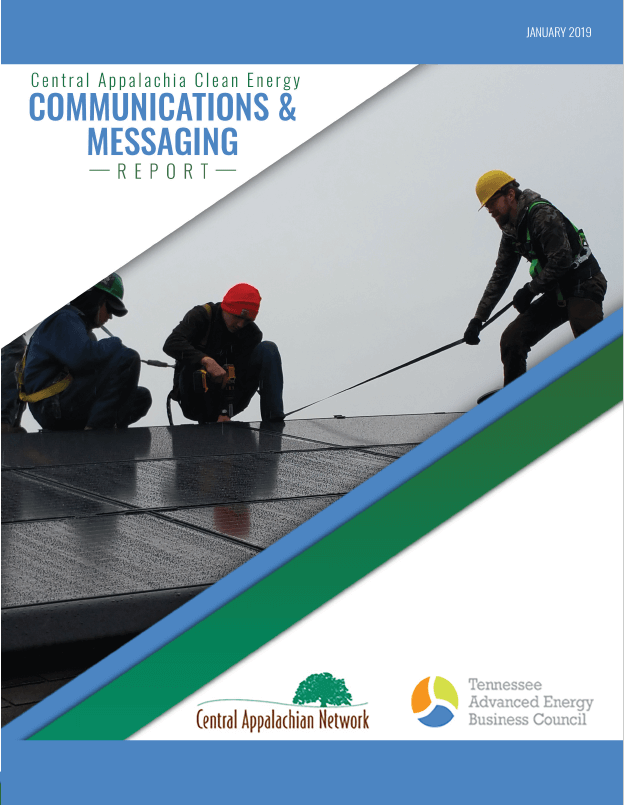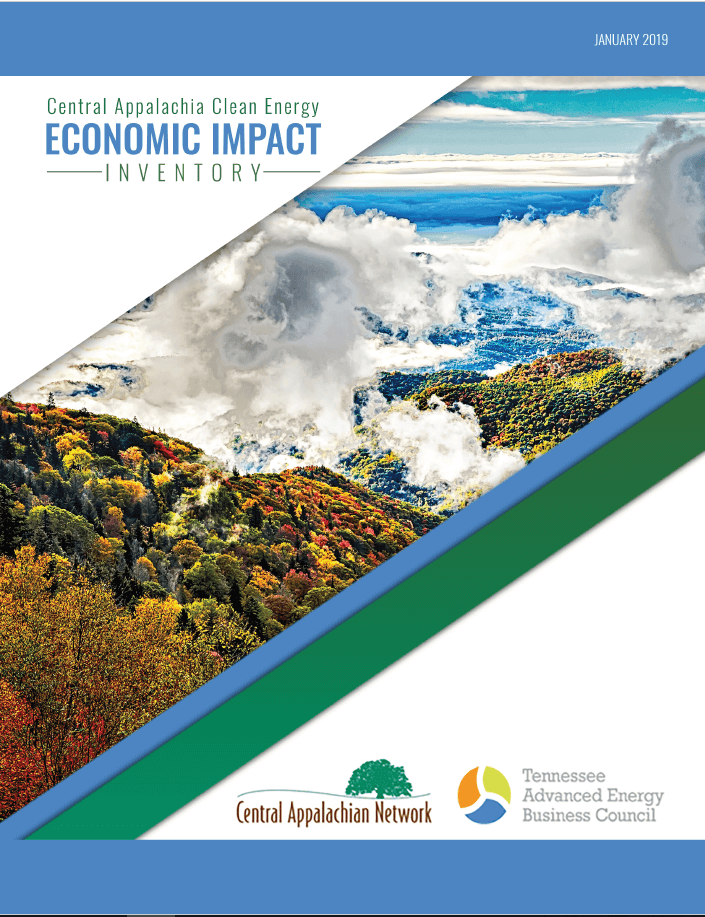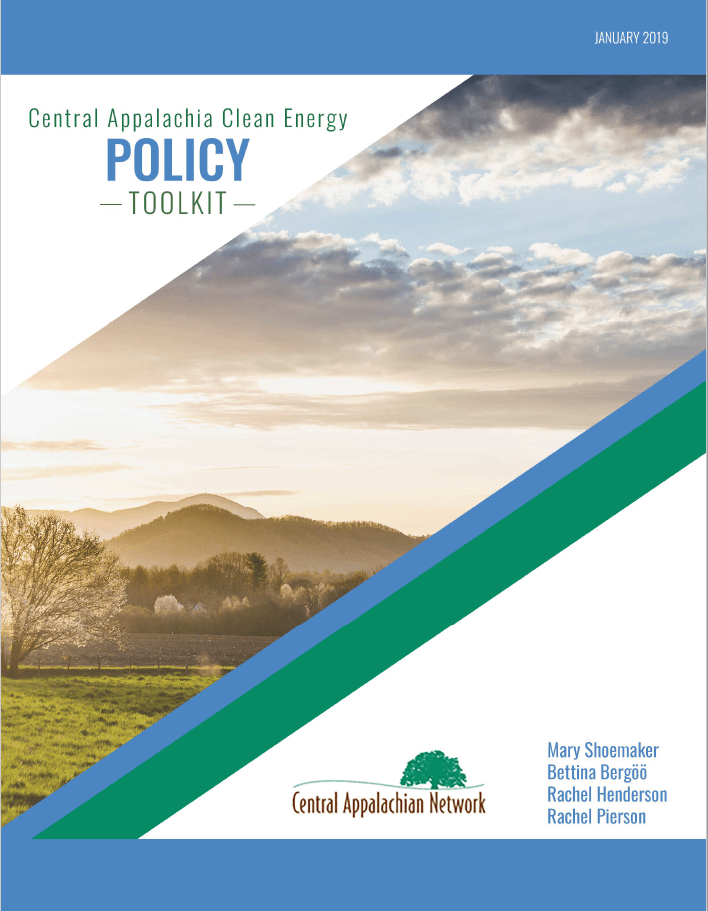Imagine the sun doing double duty on your farm by growing your agricultural products while also powering your equipment and infrastructure. Installing solar power solutions is a bonus for your bottom line. Get direct funding & assistance for your farm’s solar projects The Appalachian Solar Finance Fund https://solarfinancefund.org/index.php/how-it-works/ jump-starts emerging local solar markets in Central […]
Solar can be a complex topic. But not during SUNtober! Solar United Neighbors is hosting a month-long series of virtual sessions about solar energy. Participants will have the opportunity to learn how to go solar from real solar homeowners, speak with nationally acclaimed solar experts, and connect with fellow solar supporters from around the country.
CLEAN energy development in Appalachia is an important part of the REGION’S transition to a more just, sustainable, and resilient economy. Investment is a major barrier to an otherwise promising solar sector. What can be done? This white paper examines the current barriers to investment and proposes a focus on “catalytic capital” to unlock more solar investment in the region and accelerate the clean energy sector in Appalachia.
This past November, the Central Appalachian Network hosted its 2nd Regional Peer-to-Peer Convening at Tamarack in Beckley, WV. Over 100 economic development practitioners, community change makers, funders, and sector experts gathered at the Convening to connect and build their shared regional analysis for the Central Appalachian region. This year’s Convening offered attendees 4 different session […]
Last month the Food & Ag System Working Group hosted a learning call to share information on the Rural Energy for America Program (REAP). The REAP program aids farmers in financing renewable energy sources or making energy efficiency improvements. Colleagues from our Clean Energy Working Group joined the call to share their expertise on the […]
In November of 2018 the Central Appalachian Network held its first Regional Peer-to-Peer Convening at Tamarack in Beckley, West Virginia. Approximately 115 people attended the event, including economic development practitioners, community change makers, funders, and sector experts working in the Central Appalachian region. Discussions were focused on individual sectors and topics, and on cross-cutting issues affecting the equitable transition of the Central Appalachian region. The three concurrent session tracks focused on the three topics of CAN’s working groups: Food and Agriculture Systems, Clean Energy, and Creative Placemaking.
The future of clean energy in Appalachia depends in large part on collective buy-in from diverse parties – from state regulators and local community members, to utilities and workforce development networks. Advocates are in need of a common language and message that resonates across the board and unifies these vested interests behind clean energy. To that end, CAN’s Clean Energy Practitioner Network commissioned the Tennessee Advanced Energy Business Council (TNAEBC) to develop a best-practices guide to clean energy advocacy.
The Central Appalachia Clean Energy Economic Impact Inventory is a comprehensive log of economic impact data on clean energy in the region. It features detailed analyses of data gaps and recommendations for CAN to capitalize on identified opportunities.
Central Appalachia’s emerging clean energy economy has potential benefits for economic development, job creation, community resilience, and sustainability. Yet, the policy context at the state, local, and regulatory level is critically important to this emerging market. This policy analysis toolkit from the Clean Energy Leadership Institute (CELI) looks at the region’s policy landscape and provides a set of recommendations and priorities to guide future policy change and advocacy efforts in Appalachia.
Entrepreneurship is a vital part of the economic revitalization of the Appalachian region. In this publication, CAN offers examples of sustainable enterprises across the region, discusses the policies and investments needed to support enterprises like these, and explores the importance of networks and regional catalysts in advancing a culture of sustainable entrepreneurship. Click here to […]
